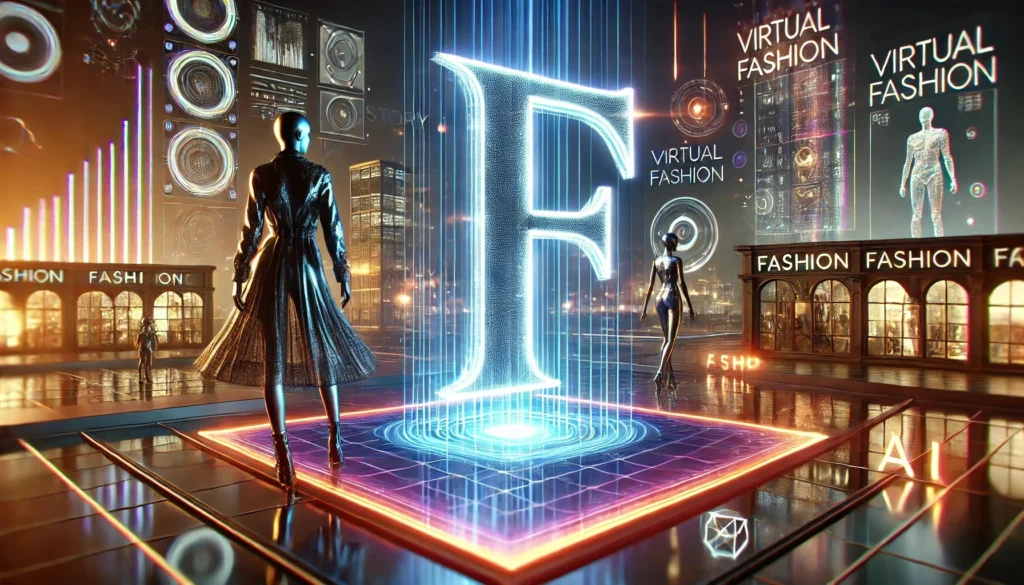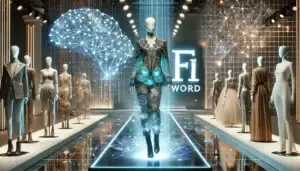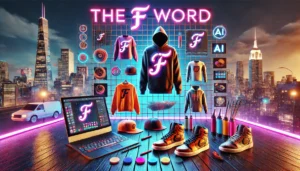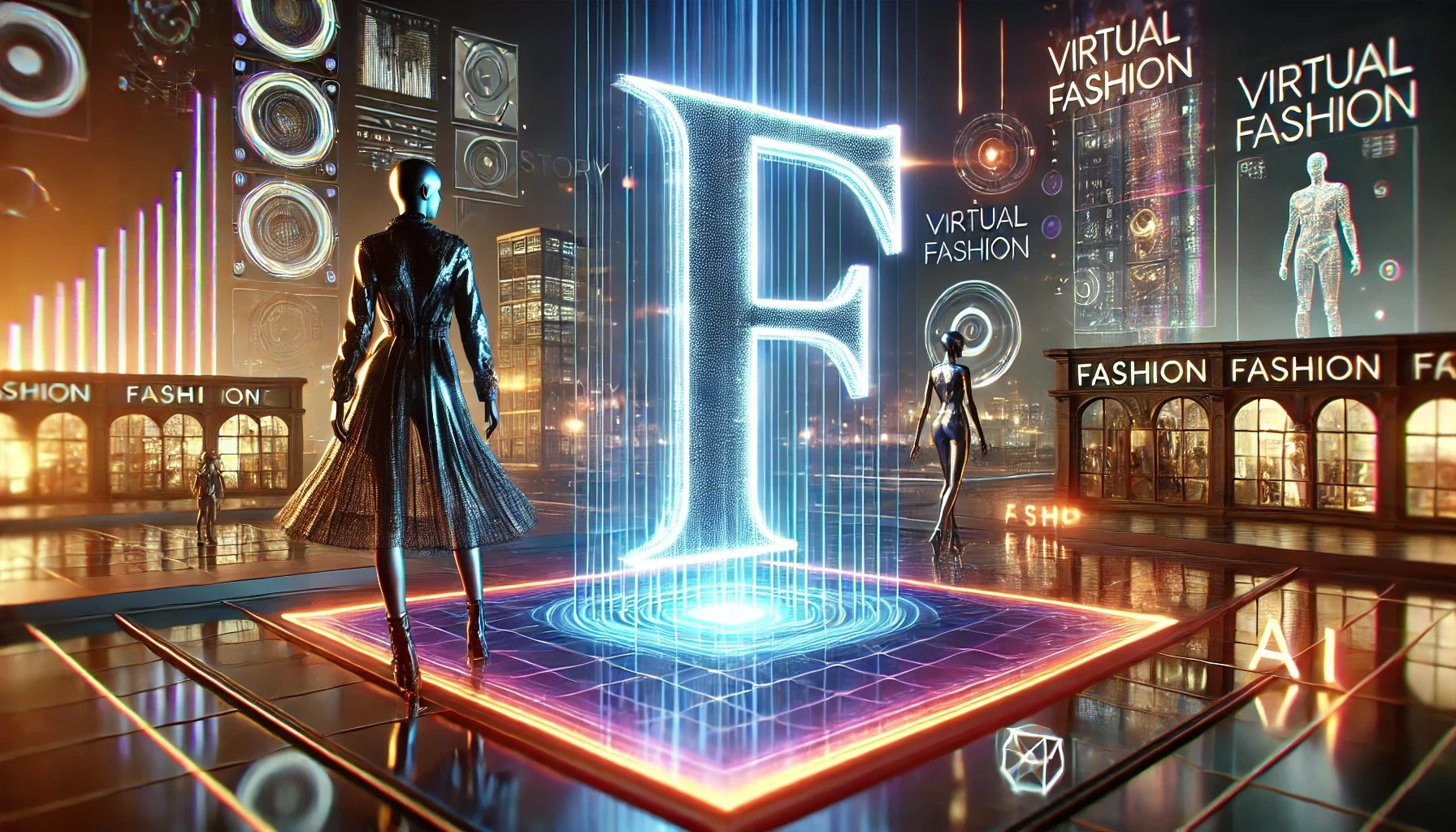The fusion of AI in fashion marketing has revolutionized how brands craft narratives, engage audiences, and drive viral content. In the age of digital fashion, where physical garments are replaced by immersive virtual experiences, storytelling remains a powerful tool. With AI-driven fashion storytelling, brands can create hyper-personalized narratives, predict trends, and optimize engagement across multiple platforms. Whether it’s for luxury fashion houses, digital content creators, or fashion illustrators, leveraging AI ensures that virtual fashion content creation is not only innovative but also strategically impactful.
AI-Powered Personalization in Fashion Storytelling
AI transforms fashion marketing by delivering highly personalized content that resonates with individual preferences. Algorithms analyze user behavior, social media trends, and purchase history to generate dynamic narratives tailored to different audience segments. Luxury brands utilize AI-driven insights to craft bespoke campaigns, ensuring exclusivity and emotional connection. With tools like machine learning-based recommendation engines, brands can create hyper-targeted virtual fashion experiences that drive engagement and conversions.
Dynamic Content Generation for Virtual Fashion
AI’s role in virtual fashion content creation extends beyond analytics. Advanced generative models produce high-quality visuals, text, and videos optimized for social media virality. Platforms powered by AI assist designers and content creators in developing photorealistic virtual garments, interactive AR experiences, and AI-generated influencer campaigns. These tools enable brands to automate content production while maintaining creative originality.
Predictive Trend Analysis for Fashion Marketing
AI-driven storytelling is deeply rooted in predictive analytics. By analyzing vast datasets from social media, e-commerce platforms, and digital fashion communities, AI forecasts emerging trends with precision. Content creators use these insights to develop compelling narratives that align with future fashion movements. Digital marketing specialists can optimize campaigns in real time, ensuring their storytelling remains relevant and impactful.
AI-Generated Influencers and Virtual Brand Ambassadors
The rise of AI-generated influencers is transforming the landscape of AI in fashion marketing. Virtual influencers, powered by deep learning models, seamlessly integrate with brand storytelling, embodying a brand’s aesthetic and values. These digital personas engage audiences on social media, drive brand awareness, and create interactive experiences that human influencers might not achieve. AI-driven virtual brand ambassadors help fashion brands scale their outreach while maintaining a strong, controlled brand narrative.
Emotional Engagement Through AI-Driven Narratives
Despite AI’s analytical nature, its role in storytelling is not devoid of emotion. AI algorithms analyze human sentiment, cultural trends, and historical brand narratives to craft emotionally compelling stories. By leveraging natural language processing, AI generates engaging brand narratives that resonate deeply with target audiences. Fashion illustrators and luxury brand designers use AI-enhanced tools to refine their creative direction, ensuring their designs tell powerful visual stories.
Optimizing AI-Generated Content for Virality
Creating viral content in virtual fashion requires more than compelling visuals—it demands strategic optimization. AI-driven analytics determine the best-performing content formats, posting schedules, and engagement tactics. By leveraging AI insights, content creators can refine their storytelling approaches to maximize audience reach and interaction. Brands that integrate AI into their content marketing strategies see increased engagement, higher conversion rates, and stronger digital presence.
Final Thoughts
AI is redefining storytelling in fashion marketing, allowing brands to craft highly engaging, data-driven narratives. By leveraging AI-driven fashion storytelling, brands can enhance personalization, predict trends, and create immersive virtual experiences. As digital fashion continues to grow, integrating AI in virtual fashion content creation is no longer optional—it’s essential for brands looking to captivate modern audiences and drive viral success.





